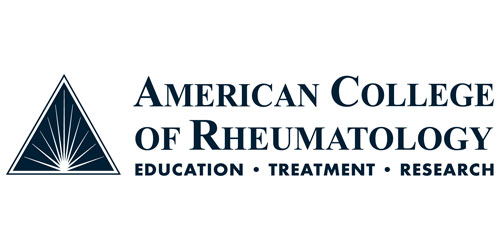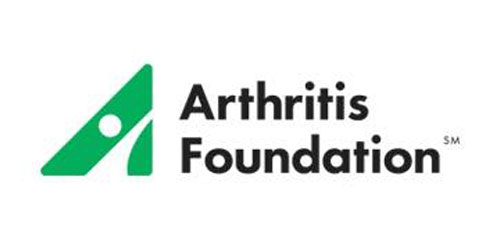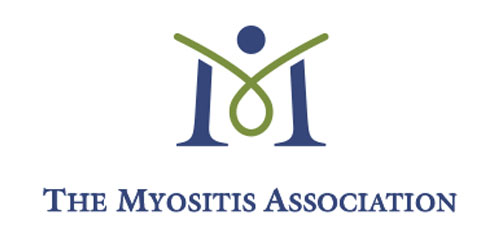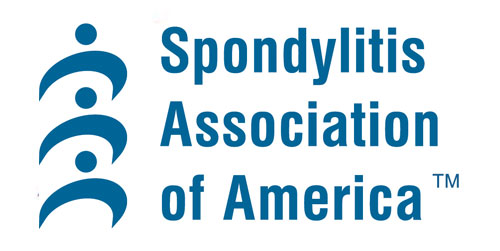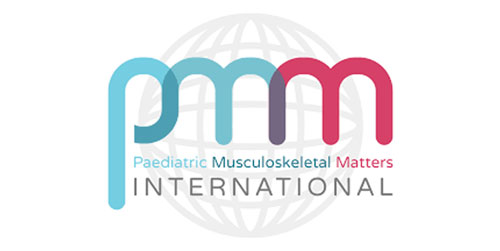 Our volunteers and donors are key to our success. Here we share a note written by Paul Caldron, D.O., recently retired from Arizona Arthritis Associates
Our volunteers and donors are key to our success. Here we share a note written by Paul Caldron, D.O., recently retired from Arizona Arthritis Associates
In June 2017, The Rheumatologist published a piece related to the dearth of rheumatology services in African countries and included reference to the experiences of Michele Meltzer, MD in Ethiopia that caught our eye (1). Our private group, Arizona Arthritis and Rheumatology (AARA) has been prospering through our efforts to effect cutting-edge rheumatology with a population-based focus in our state for over 25 years. Despite our narrow specialty and geography, the diverse members in our group nonetheless remain mindful of the global inequities in health in general and were sensitive to the glaring inattention to rheumatic and musculoskeletal disorders, lost somewhere between the paradigms of horizontal and vertical inequity mediation efforts afoot internationally.

Arizona Arthritis and Rheumatology Associates, PC
You’ve got to start somewhere. Drs. Meltzer and Carol Hitchon, along with many other colleagues in Africa and the West, had formulated a vision to plant seeds in eastern Africa to provide rheumatology education in a sustainable way. Visiting professorships for medical residents had taken hold. A fulcrum to the goal of sustainability in rheumatology education in Ethiopia was the plan for sending two recently graduated internists from Addis Ababa for a formal rheumatology fellowship in South Africa. These two home-grown rheumatologists have now returned in 2021 to establish continuing curriculum in Addis. They will eventually establish a rheumatology fellowship. The non-profit Rheumatology for All (RFA) was established by Meltzer and others to formally aggregate the concentration of energy behind the effort, and its members actively guide the fledgling efforts in eastern Africa. Relying on the groundwork by RFA, AARA was a major contributor / donor for the initial fellowships and has provided support to initiate a formal fellowship of a pediatric rheumatologist along the same model.
Personally, I have enjoyed the profound satisfaction of direct teaching with the medical residents in Addis, both in-country and virtually, when the program was extended in 2021 to medical residents in Rwanda. Enhanced with all the usual nuances of transnational and cross-cultural interactions, my career would have been incomplete without this opportunity. Let me encourage other rheumatologists to open themselves to this meaningful challenge. There is so much room to be part of the solution. The leveling up will require all hands-on deck!
1. Prospects for Treating Patients with Arthritis in African Countries with Few Rheumatologists. Elizabeth Hofheinz, MPH, Med. The Rheumatologist. June 14, 2017
